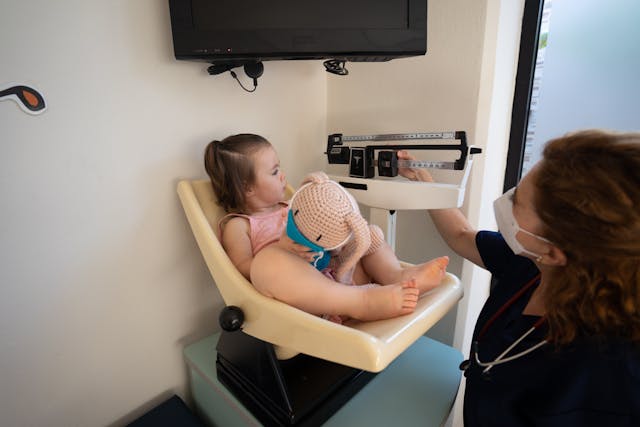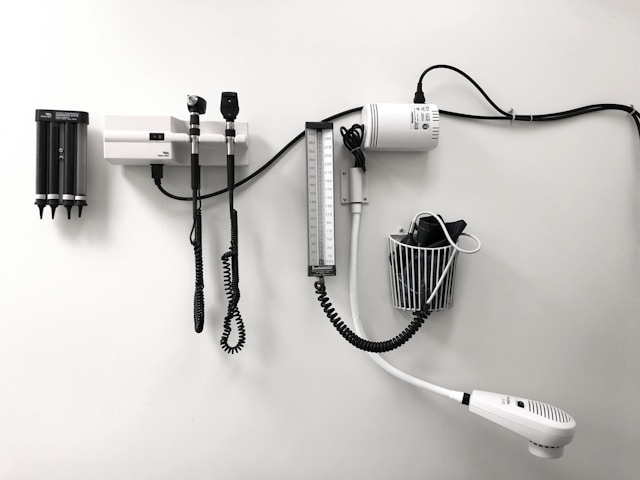Bridging the Gap: How Momentum Healthcare Staffing Supports Rural and Specialty Healthcare Providers
In today’s healthcare landscape, staffing challenges are a growing concern, particularly for hospitals, Veterans Affairs (VA) facilities, and clinics in rural communities. At Momentum Healthcare Staffing, we specialize in addressing these critical gaps — not just by filling positions, but by building lasting connections between skilled providers and the communities that need them most.
Meeting the Needs of Underserved Areas
Rural and remote healthcare facilities often face higher turnover rates and longer hiring timelines than their urban counterparts. Specialty physicians such as cardiologists, psychiatrists, orthopedists, and OB-GYNs are in especially short supply in these areas. Momentum Healthcare Staffing is uniquely positioned to help.
We understand the complexities of rural healthcare — from limited access to specialists, to the increased strain on general practitioners. Our team works closely with hospitals, critical access facilities, Indian Health Services (IHS), community clinics, and VA medical centers to place physicians, nurse practitioners, and physician assistants who are not only qualified but also committed to making a difference.
A Tailored, Human-Centered Approach
What sets Momentum apart is our focus on creating long-term success for both providers and employers. We take time to understand the culture and specific needs of each facility, especially in rural settings where fit is everything. Our in-depth screening process and responsive support ensure that candidates are not only clinically excellent, but adaptable and community-oriented.
Whether it’s a full-time cardiologist for a regional hospital or a locum tenens psychiatrist for a rural mental health clinic, our placements are thoughtful and strategic. We believe great healthcare starts with great relationships — and we’re here to help build them.
Supporting All Specialties, With a Focus on Hard-to-Fill Roles
Specialty roles are often the hardest to staff, especially outside of major metro areas. Momentum Healthcare Staffing has built a national network of board-certified specialists ready to serve in high-demand fields such as:
- Cardiology
- Neurology
- Psychiatry
- Emergency Medicine
- Orthopedics
- Pediatrics
- Anesthesiology
Our recruiting team leverages both technology and personal outreach to match the right professionals with facilities that align with their values and career goals.
Why Healthcare Providers Choose Momentum
Healthcare employers work with Momentum because we provide:
- Speed without compromise – Quick turnaround times on placements without sacrificing candidate quality
- Credentialing support – We streamline onboarding and credentialing so providers are ready to work sooner
- Nationwide reach, local focus – A broad candidate pool combined with attention to regional regulations and community needs
- Custom staffing solutions – We offer permanent, temporary, and locum tenens staffing options
For providers, we offer flexibility, transparency, and opportunities that align with their personal and professional aspirations — including the chance to make an impact in rural communities where they’re needed most.
Let’s Build What’s Next in Healthcare — Together
The demand for healthcare professionals isn’t slowing down, and neither are we. At Momentum Healthcare Staffing, we’re not just filling jobs — we’re filling critical care gaps, one provider at a time.
If you’re a hospital administrator, clinic manager, or medical director struggling to recruit the right talent — especially in specialty care — connect with us today. And if you’re a physician or advanced practice provider looking for your next opportunity, we’re here to guide you every step of the way.
Explore more at momentumhcs.com and discover how we can bring momentum to your mission.






















Recent Comments